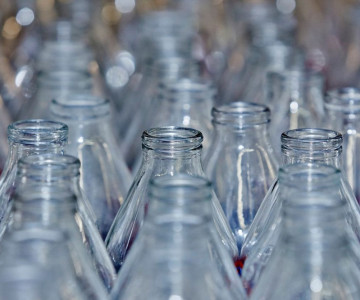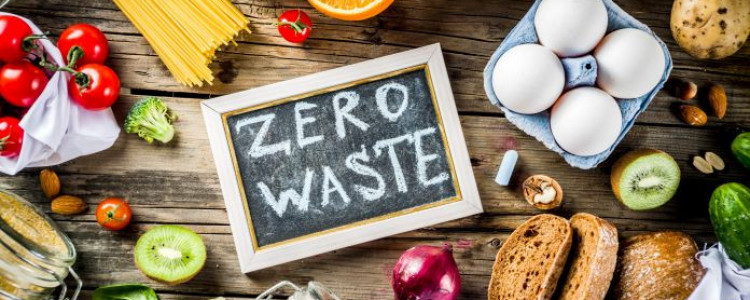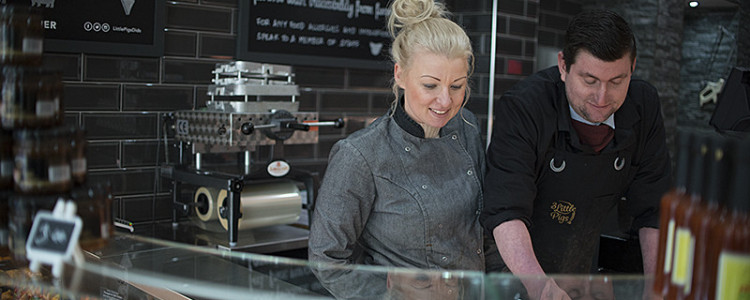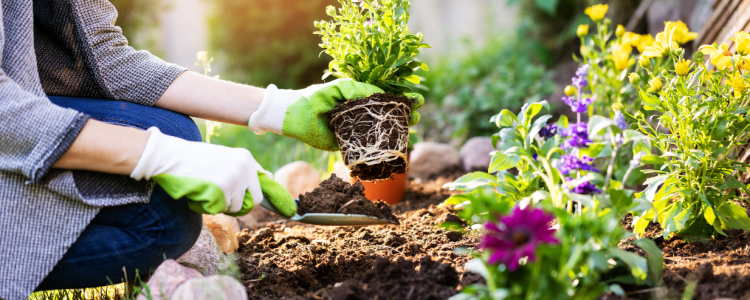
Navigating a greener path this Zero Waste Week
In a world where environmental consciousness is becoming
increasingly essential, initiatives like Zero Waste Week help practically guide
us towards a more sustainable future. Here at Creamline, promoting
environmentally friendly practices is something close to our hearts, which is
why we’re excited to join the movement and celebrate Zero Waste Week next week,
from 4th – 8th September. So, mark the first week of
September in your calendar, set your waste-free goals and, most importantly,
have fun!
Understanding Zero Waste Week
Zero Waste Week is an award-winning campaign for good
reason! Taking place both online and on-the-ground, this grassroots annual
awareness campaign serves as a rallying call for households, businesses, schools,
and community groups to come together and act against the growing issue of
plastic waste and landfill accumulation. Globally, most waste currently ends up
in landfill – some 37% of waste is disposed of in some form of landfill1.
The story’s even worse for plastic – nearly half (46%) of the world’s plastic
waste floods into landfills, 22% becomes litter, 17% is incinerated and only
15% is collected for recycling2. Zero Waste Week offers a practical
solution, encouraging us all to reduce the waste that would otherwise end up
landfill, save money (by not spending money on single-use plastic), preserve
resources, and ultimately protect our precious environment.
This year, Zero Waste Week is challenging individuals like
you to set your goal to do one thing to reduce landfill waste and take action.
It’s all about starting with the small successes and gaining momentum. By
focusing on cutting down your waste for just this one week, you can carry this
feel-good feeling into the rest of the year.
Championing sustainable choices: Glass bottles and plastic-free produce
As part of Zero Waste Week, we want to highlight the
significance that making mindful choices in the milk and produce that you buy
makes on waste reduction. With nearly half of the world’s plastic waste
flooding into landfill, this type of waste poses one of the most severe threats
to our ecosystems. By choosing glass bottles and
plastic-free produce – from your apples to your potatoes – you’re cutting
out unnecessary plastic that inevitably ends up in landfill or incineration.
Consider the life cycle of plastic versus glass. Plastic
takes more than 400 years to degrade – living a much longer life than we will.
If the present trend of plastic usage continues, it’s predicted that, by 2050,
there will be 12 billion metric tons of plastic in landfills3. To
put that in perspective, that’s the equivalent of 822,000 Eiffel Towers, 25,000
Empire State Buildings, 80,000,000 blue whales or 1,000,000,000 elephants.
On the other hand, the life cycle of a glass bottle is a
marvel of sustainability. Glass is endlessly recyclable and, unlike plastic,
does not degrade during the recycling process. Plus, it feels much better
rinsing out your empties and placing them on your doorstep for collection than
it does chucking plastic in the bin! Every time you choose a glass bottle,
you’re contributing to the reduction of single-use plastic that will end up in
landfills, on our streets or in the ocean (research estimates that, by 2050,
plastic will likely outweigh all the fish in the sea if we continue wasting at
this rate4).
Discover our entire plastic-free range by clicking here.
Simple steps to reduce general waste
Apart from embracing glass bottles and plastic-free produce,
there are plenty of other ways you can cut down on general waste in your
household this Zero Waste Week. Remember that small, consistent efforts can lead
to significant positive impacts:
Reusable bags and glass containers
When you’re out shopping, make reusable shopping bags your new best friends. When you’re packing lunches, swap out your plastic containers for glass ones – so that when they eventually get grubby, you can recycle the glass instead of chucking the plastic.
Composting
Transform kitchen scraps into nutrient-rich compost for your garden. Composting not only reduces landfill waste, but also enriches your soil naturally. You’re also helping the planet. When organic food waste ends up in landfills, it generates methane, a potent greenhouse gas. By composting food waste and other organics, you can significantly reduce your methane emissions.
Digital over paper
We’re in a digital world, which is a great thing when it comes to receipts, bills and documents. Opt for digital versions whenever possible to minimise paper waste.
Mindful consumption
Before making a purchase, ask yourself if it’s something you
genuinely need. Whether it’s for your kitchen, living room or bedroom, mindful
consumptions help reduce waste and clutter.
Sources
1 World Bank
2 United Nations Environment Programme
3 Science Advances, Production, use, and fate of all
plastics ever made
4 Ellen MacArthur





